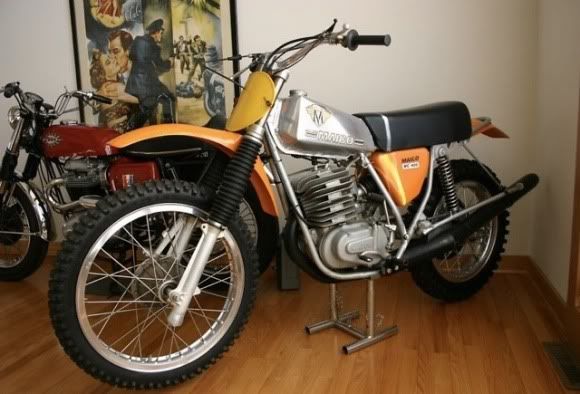The simple version is up on the stand, wheel off the ground. then you strike each spoke in roughly the same spot and listen for tone. A dull thud means loose. Then you carefully squeeze spoke pairs with your hand. You can feel the loose one move. Finally, you get a dial indicator and carefully tighten spokes a tiny bit at a time to snug them up while being sure runout doesn't change.
I have the advantage of starting out years ago on bikes that had spokes. Every bike sold when I started had spokes. Since I either learned how to deal with wire wheels or walked, I learned. It isn't hard, but can be time consuming. Like everything else, you get proficient and then it rolls right along. I checked the rims for true when I changed the tires. With the tires off and the wheels in a balance/truing stand, it went fast with a magnetic based dial indicator. Both rims needed some adjustment.
If off side to side, but rim is round: you loosen the spokes on the side away from where you want to go by the same amount you tighten on the side you want it to go. That way, the wheel stays round, but the rim moves laterally.
If the rim is not round: you loosen spokes in a "dent" and taper off as you go away. Then you snug all of the other ones a half turn all the way around. It is easier to show you in person.
Here's the concept: On car rims and cast wheels, the weight goes from the axle to the hub to the rim to the tire to the ground. Impact goes the reverse.
On wire wheels, the weight is suspended from the top of the rim, so the spoke is in tension, not compression. The other spokes around the wheel keep things centered and share some of the load, but it is the ones on top that are holding up the weight. Because of this, impacts are spread all around the wheel. Which is why they can take a bigger hit that cast wheels, which transmit impact up from the ground, rather than around the whole wheel.
Clear as mud, right?
